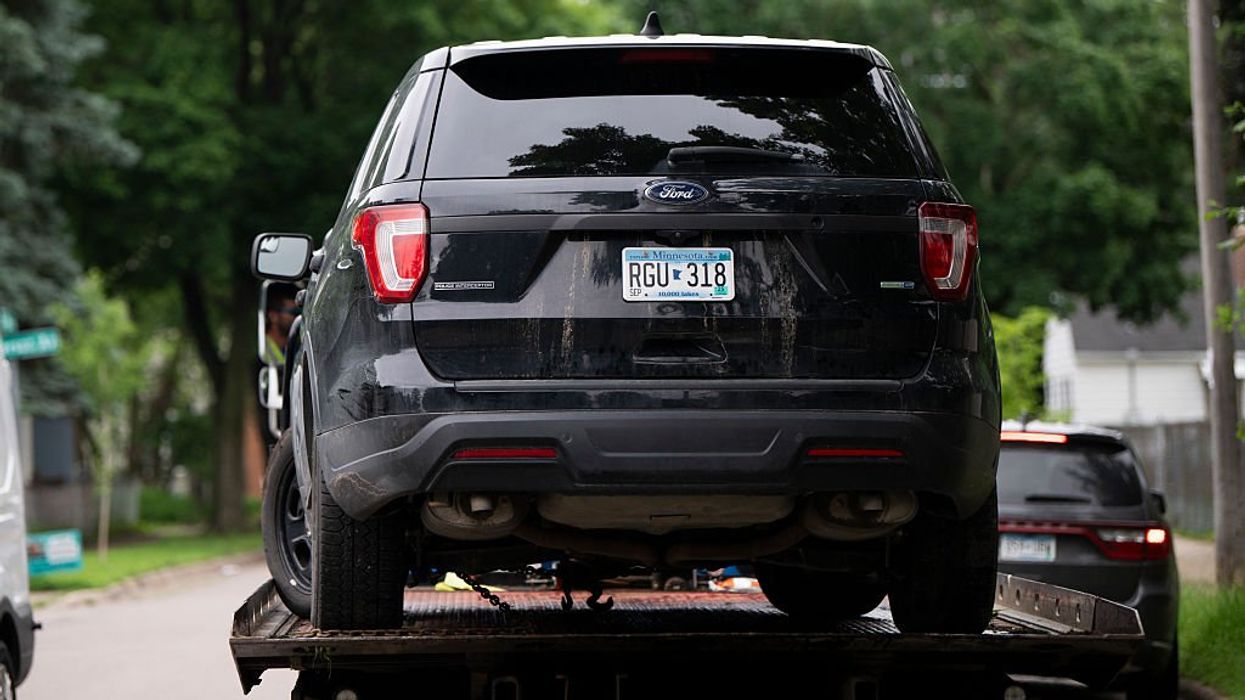A massive search is underway for Vance Boelter, accused of fatally shooting Democratic lawmaker Melissa Hortman and her husband and injuring State Sen. John Hoffman and his wife in what authorities are calling “politically motivated” shootings.
The FBI is offering a $50,000 reward for information that leads to the arrest of Boelter, whom authorities say was impersonating a police officer at the time of the shooting. Investigators also say the suspect had a vehicle with emergency lights and sirens. Inside the vehicle, they found a manifesto with lawmakers' names on it, as well as papers with No Kings written on them.

Boelter was a private sector representative to the Minnesota governor's workforce development council. Appointed by Gov. Mark Dayton in 2016, then reappointed by Gov. Tim Walz in 2019, his term expired in 2023. The Governor’s Office appoints thousands of people from all parties to these unpaid boards and commissions.
Boelter's current employment includes serving as the director of security patrols at Praetorian Guard Security Services, based in the Twin Cities metro area. According to the company's website, Praetorian offers a range of armed home security services, including residential security patrols, uniformed armed security personnel, and event security services.
CNN reports that Boelter often stayed in the rented home of his longtime friend David Carlson. Carlson said Boelter was a conservative who voted for President Donald Trump and was strongly against abortion rights. But he noted Boelter never mentioned any particular issue with the lawmakers who were shot.
Carlson also shared concerning text messages that Boelter had sent him earlier in the day: "I may be dead shortly, so I just want to let you know that I love you guys both, and I wish it hadn’t gone this way."
Trump said the shootings "will not be tolerated in the United States of America" and vowed the shooter who carried out the attacks will be prosecuted to the fullest extent of the law.
“The Hoffmans are out of surgery at this time and receiving care, and we are cautiously optimistic, they will survive this assassination attempt,” Walz said at a news conference Saturday afternoon.
Hugo Balta is the executive editor of the Fulcrum. He is the publisher of the Latino News Network.




















Trump & Hegseth gave Mark Kelly a huge 2028 gift